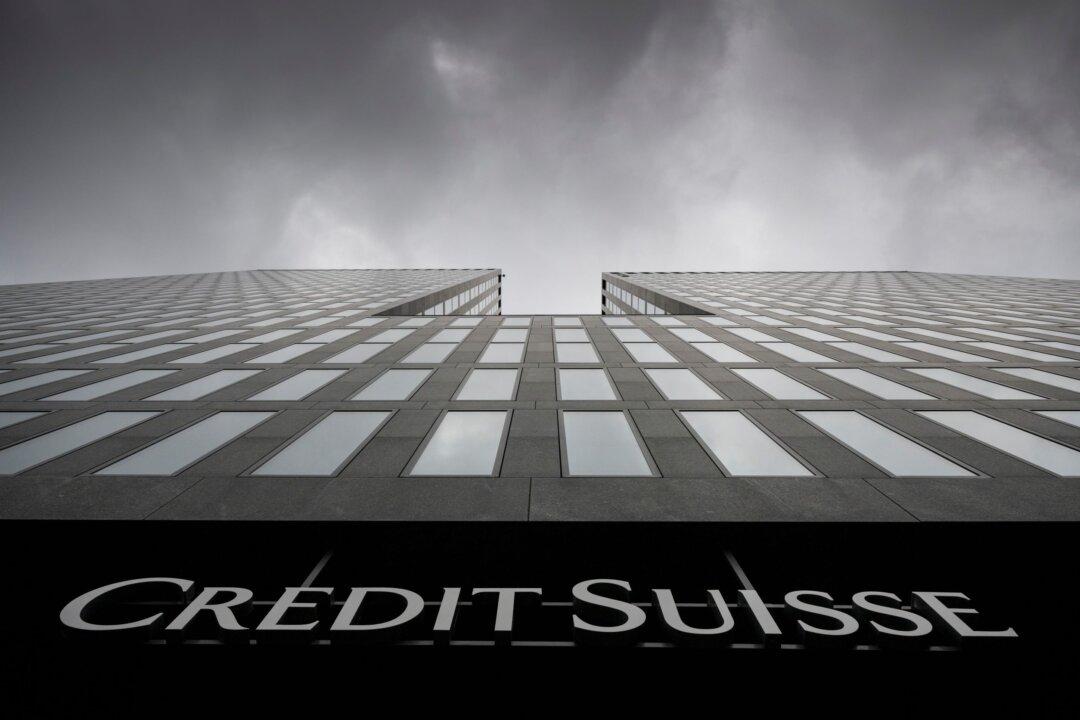News Analysis
Amid low investor confidence due to recent bank failures in the United States and Switzerland, Chinese state-owned media reported that many wealthy American and Swiss investors closed their onshore accounts and rushed to move their funds to Hong Kong. Financial analysts suggest that Hong Kong remains “an unsafe place” for asset holding and investments.






